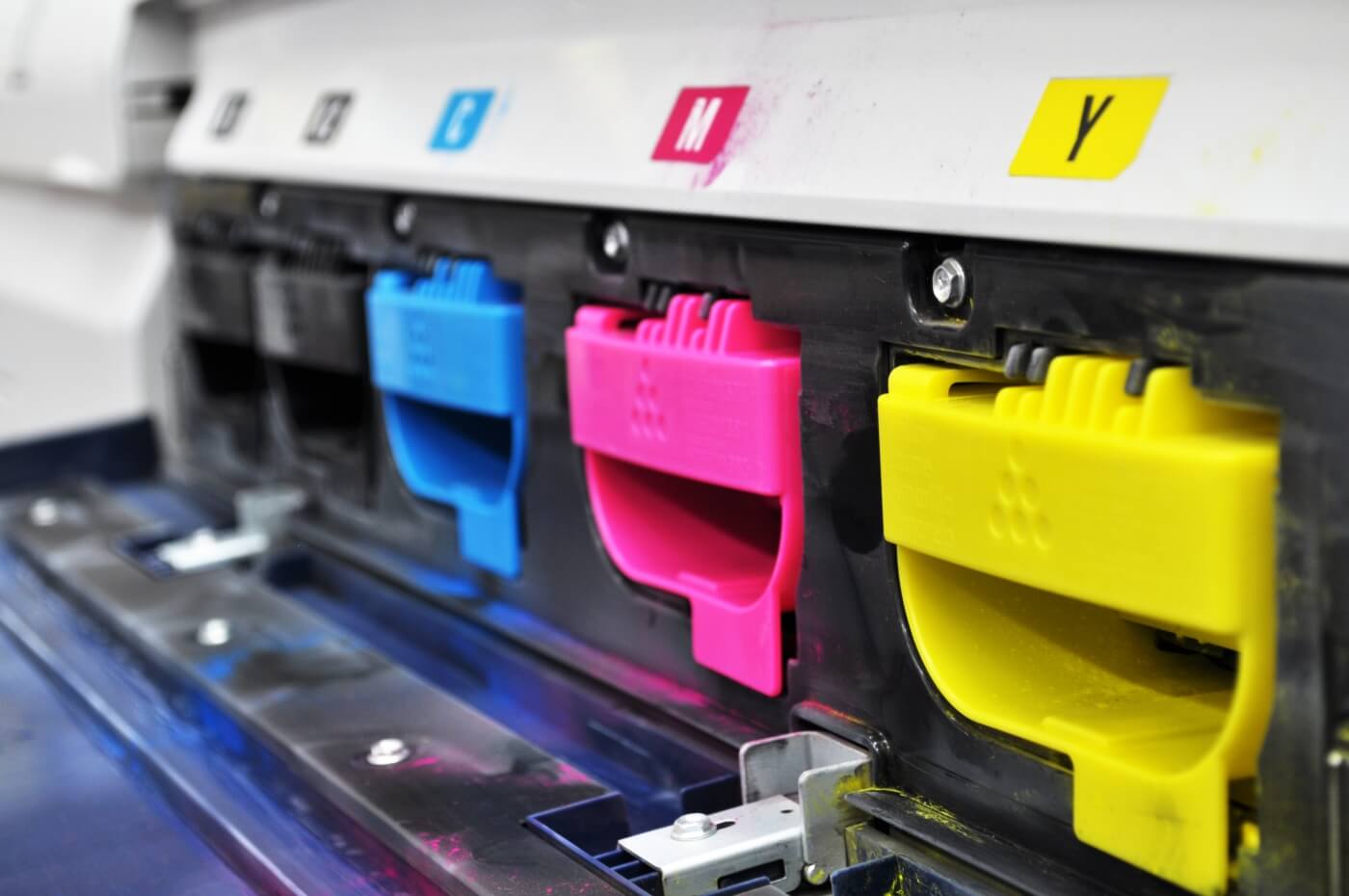Recap: HP seems to have embraced the role of the villain in the realm of printers and ink cartridges, as controversies surrounding the company persist. Legal battles have arisen over its customer policies, with recent arguments focusing on whether consumers knowingly agree to exclusively purchase HP ink when buying one of the company’s printers.
Lawyers representing plaintiffs have rejected one of HP’s arguments against a class-action lawsuit filed in January. HP has long been criticized by customers for repeatedly blocking the use of alternatives to its expensive ink cartridges.
The lawsuit primarily revolves around a firmware update that began rolling out in late 2022. Plaintiffs allege that this update rendered third-party cartridges unusable in HP printers. Cartridges from HP and other companies are known for their high prices, with annual costs sometimes exceeding $70. Additionally, the lawsuit accuses HP of raising prices around the same time it released the patch.
Plaintiffs argue that HP’s actions – locking customers in while raising prices – amount to a monopoly on aftermarket replacement cartridges. They are seeking compensation for unusable third-party cartridges and overcharging. However, the company contends that federal law does not permit customers to sue for overcharging. HP claims that the law clearly states that HP printers are designed to function only with HP ink cartridges.

In response to HP’s motion to dismiss the lawsuit, lawyers representing the plaintiffs argued that customers never agreed to exclusively purchase HP ink. The case revolves around the validity of the company’s razor-and-blade strategy, where it sells relatively inexpensive printers and profits from expensive replacement ink, effectively locking customers in.
The company’s intention to force its cartridges on users has been evident. CFO Marie Myers acknowledged this in December. CEO Enrique Lores, discussing the lawsuit with CNBC in January, referred to customers who don’t consistently use the company’s printers and cartridges as “bad investments.”
HP has faced criticism from regulators and plaintiffs for employing digital rights management (DRM) to block third-party and refilled cartridges. It has had to compensate customers in multiple countries, faced criticism for allegedly disabling scanning and faxing functions when ink runs low, and been accused of installing its printer app onto all Windows PCs without consent.
Last month, HP introduced a subscription service that openly encourages users to continually pay to use its printers. Starting at $6.99 a month, customers receive a printer, round-the-clock customer service, and refill shipments before their ink runs out.

